Only a handful of athletes have won this rare Olympic medal - here are their stories
1964: Luz Long

1964: Eugenio Monti
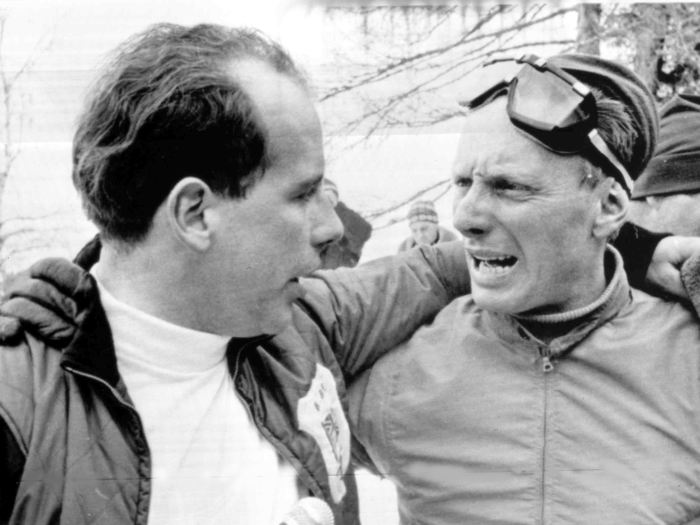
Just before a race at the 1964 Innsbruck Olympics, Italian bobsledder Eugenio Monti found out that his British rivals were missing a crucial bolt on their bobsled. He offered them a bolt from his own sled, and the Brits went on to take gold, according to the IOC.
Monti won bronze — and the Pierre de Coubertin medal, too.
1988: Lawrence Lemieux

At the Seoul summer games in 1988, Canadian sailor Lawrence Lemieux was racing through heavy winds and 10-foot waves when he noticed that fellow sailors from Singapore had capsized and were quickly being swept away.
Lemieux abandoned his second-place standing to save the sailors, and waited for a rescue boat to arrive before completing the race, the LA Times reported.
1994: Justin Harley McDonald
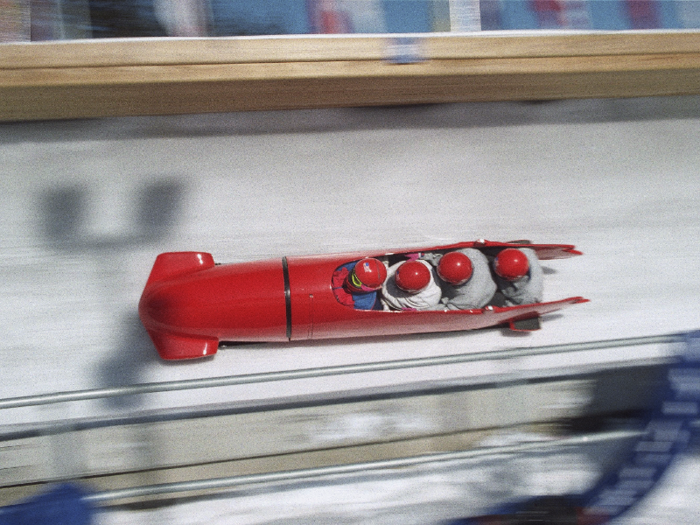
Justin Harley McDonald was the captain of the Australian bobsled team in the 1994 Lillehammer games, and before a race, he lent five kilograms of ballast to the Swedish bobsled team, according to the New York Times.
Though neither team came close to medaling, the Swedes ended up beating the Australians, and McDonald won the Pierre de Coubertin medal for his generosity.
2000: Emil Zatopek
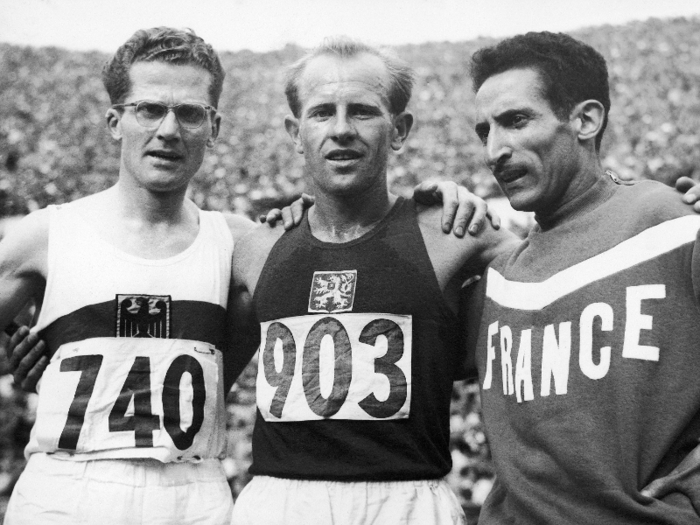
Emil Zatopek, of Czechoslovakia, competed in the 1952 Helsinki games, winning the 5,000-meter, 10,000-meter, and marathon races — despite the fact that he had never run a marathon before, the BBC reports.
"I was unable to walk for a whole week after that," he said after winning. "But it was the most pleasant exhaustion I have ever known."
The Pierre de Coubertin medal was presented to Zatopek posthumously in 2000.
2004: Tana Umaga
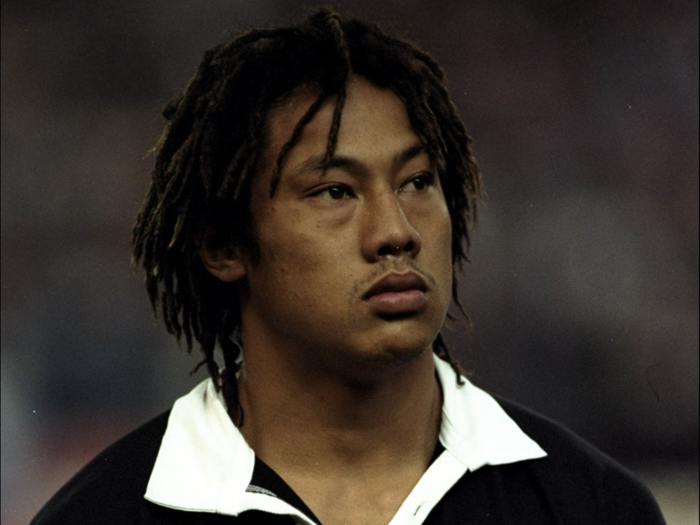
During a non-Olympic rugby match in 2004, New Zealand ruby player Tana Umaga stopped a game to check on a player from the opposing team who had been knocked unconscious.
Today, Umaga is the head coach for one of New Zealand's professional rugby teams.
2004: Vanderlei Cordeiro de Lima
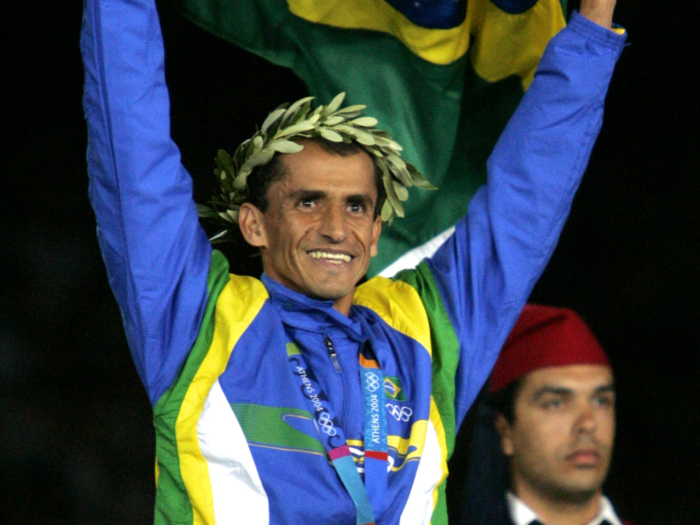
Brazilian marathoner Vanderlei Cordeiro de Lima gained worldwide fame under some bizarre circumstances: de Lima was leading the men's marathon at the 2004 Athens games when a defrocked Irish priest stormed the course and attacked him.
(The priest later told NBC that he wanted to alert the world to his belief that "a visitor from outer space will soon come to this world, and he will take complete charge.")
Luckily, a spectator pulled the priest away from de Lima. He ended up finishing third and taking home bronze, and was also awarded the Pierre de Coubertin medal for his perseverance.
Plus, when the Olympics came to Rio de Janeiro this summer, de Lima was chosen to light the Olympic cauldron at the opening ceremony.
Elena Belova
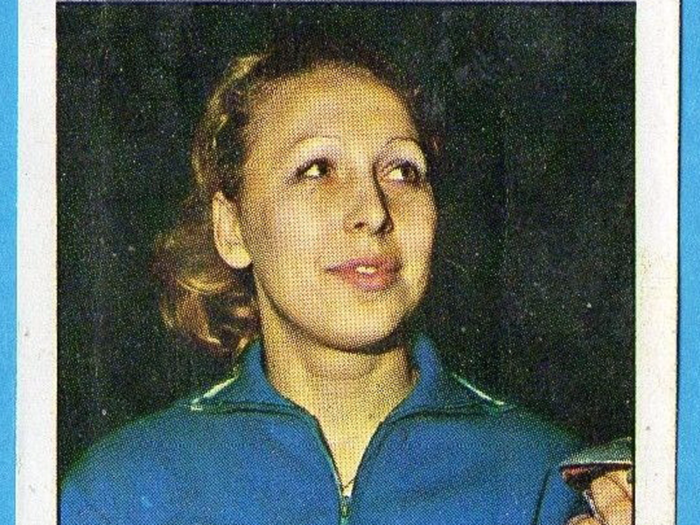
Elena Belova, of Russia, had an illustrious Olympic fencing career: She attended the 1968 games in Mexico City, the 1972 games in Munich, the 1976 games in Montreal, and the 1980 games in Moscow. She medaled in each Olympics, racking up a total of four golds, one silver, and one bronze.
She won the Pierre de Coubertin medal during the 2007 International Scientific Congress for "outstanding services to the Olympic movement," the Sun reports.
Shaul Paul Ladany
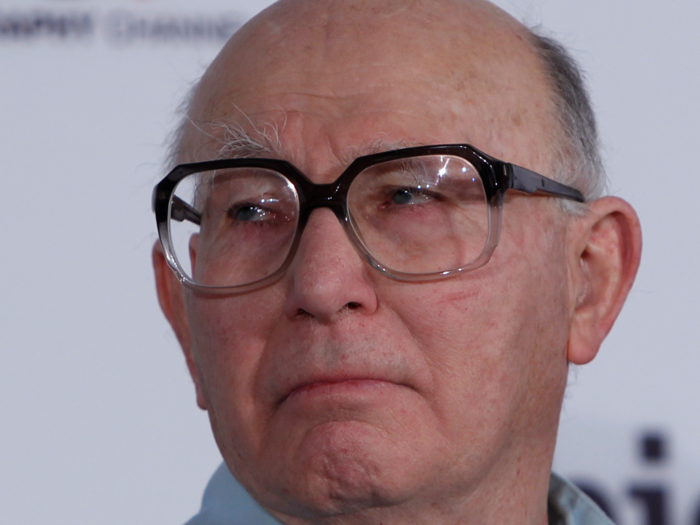
Shaul Paul Ladany, of Israel, is a retired world-champion racewalker who attended both the Mexico Olympics in 1968 and the Munich Olympics in 1972. In addition to surviving the Holocaust as a child, Ladany also survived the horrific terror attack at the Munich games, in which 11 of his Israeli teammates were murdered by Palestinian gunmen. (For reasons still unknown, the attackers did not enter the apartment in which Ladany was staying.)
In 2007, he was awarded the Pierre de Coubertin medal for "unusual outstanding sports achievements during a span covering over four decades," according to an Israeli newspaper. Today, Ladany is 80 years old and is a professor at Ben Gurion University in Israel, NBC reports.
2008: Petar Cupac, Pavle Kostov, and Ivan Bulaja
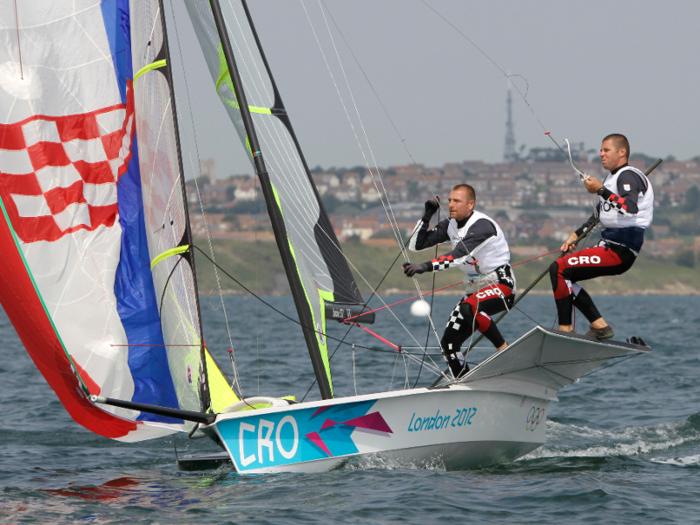
Sailors Pavle Kostov and Petar Cupac, of Croatia, didn't make it through the qualifying races in the 2008 Beijing Olympics. But they did lend a hand when their competitors needed it most.
The duo got a phone call from a pair of Danish sailors who had just snapped the mast of their boat before the start of the race. Kostov and Cupac lent their boat to the Danes, who went on to win gold.
In return, the IOC granted both the sailors and their coach, Ivan Bulaja, with the Pierre de Coubertin medal, according to World Sailing, the sport's international governing body.
2016: The Norwegian men's handball team
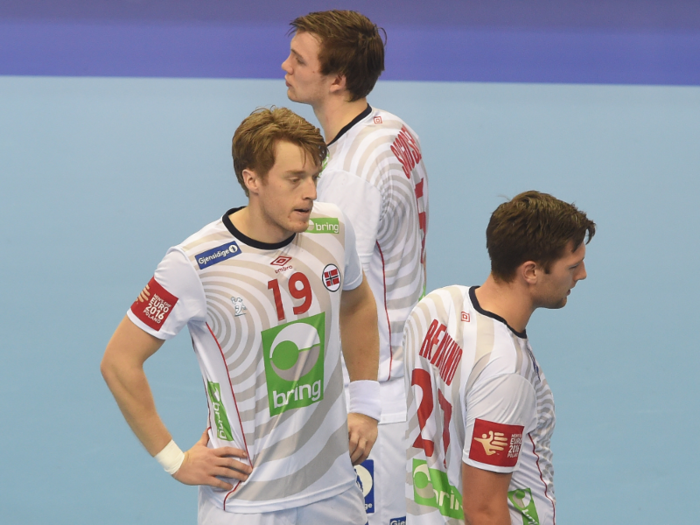
The Norwegian men’s handball team earned the medal "for its gracious attitude during a European championship match against Germany earlier this year," an IOC statement said.
The Norwegians lost the match, ending their bid for the Rio Olympics, but later discovered that the Germans had let an extra player onto the field when the winning goal was scored.
Instead of filing a protest, the Norwegian team let the loss stand. They didn't feel that the extra player's presence changed the ultimate outcome of the game.
Germany eventually won Bronze in Rio, while the Norwegians stayed home.
2016: Nikki Hamblin and Abbey D'Agostino
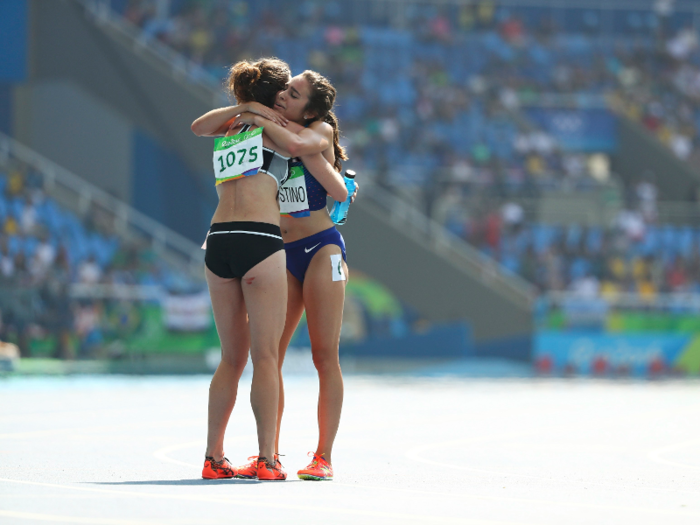
Nikki Hamblin, of New Zealand, and Abbey D'Agostino, of the US, collided during a preliminary heat for the women's 5,000-meter race at the Rio games. Instead of trying to catch up, D'Agostino helped Hamblin to her feet. Hamblin returned the favor when D'Agostino collapsed later in the race.
Both women crossed the finish line — even though D'Agostino had torn her ACL and meniscus — and hugged each other once the race was over. It was one of the most heartwarming moments of the Olympics — and the runners' sportsmanship earned them both a Pierre de Coubertin medal.
Popular Right Now
Popular Keywords
Advertisement